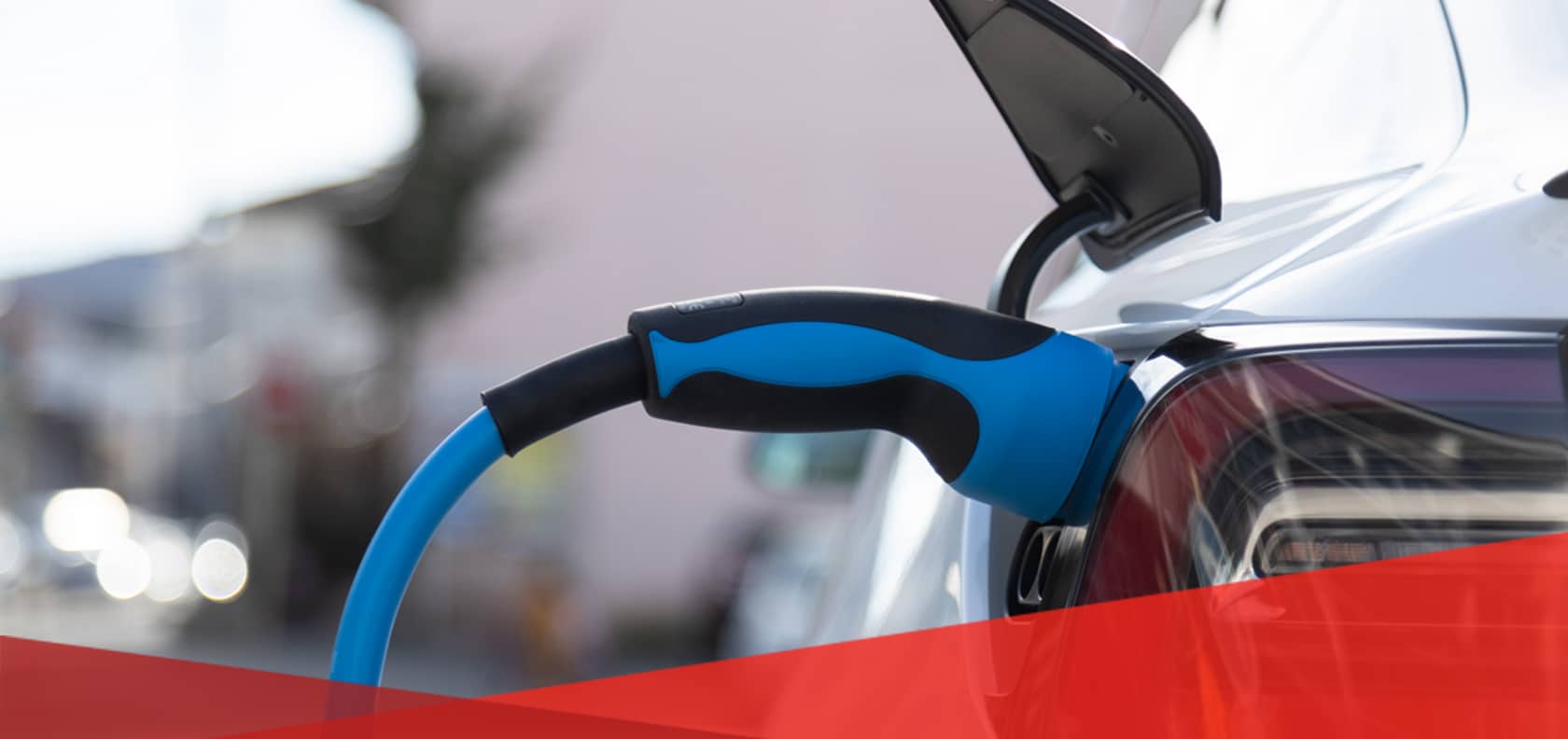It’s no secret anymore that electric cars are on the rise in popularity. As such, the world of electric vehicles continues to expand and deepen. Electric car initials are used to categorize the different types of electric vehicles. BEV, PHEV, E-REV, and similar terminology are all just terms for these different cars.
Ever wonder what each one means? Here you’ll find every different acronym for electric vehicle types, along with their proper meaning explained.
EV
As you will likely have noticed, every other acronym on this list includes this one in it, so it’s probably pretty critical to get this one out of the way. As you may have guessed, EV stands for “Electric Vehicle.”
That’s why all other initials will include this one. Every type that uses these initials is still an electric car at the end of the day, so it would make sense to have these two useful letters.
BEV
Next is our second acronym, BEV, which means “Battery Electric Vehicle.” This is probably one of the most commonly seen acronyms, so it’s a pretty important one to understand.
BEV is essentially the term for an “all-electric” car. It’s 100% battery-powered These are the purebreds with no backup gas engine to fall back on. This includes vehicles like the Polestar 2, Nissan Leaf, Tesla Model Y, etc.
E-REV
On the other side of things, E-REV is a much less commonly used acronym, but still important to know all the same. E-REV stands for “Extended-Range Electric Vehicle.” But what does this mean?
Essentially, an E-REV is an electric car with an auxiliary engine that gives the vehicle a further range. Normally, only its electric engine will be operating. The extended range engine is only active, as the name would suggest, for extended range.
This causes E-REV cars to produce significantly less CO2 than normal cars since only the extended range engine produces any. All other times, only the electric battery engine will be active. Cars such as the Extended Range BMW i3 are E-REV vehicles.
FCEV
Short for “Fuel Cell Electric Vehicles,” FCEVs are, of course, reliant on fuel cell batteries in conjunction with their electric motor. The fuel cell runs off of hydrogen energy and is extremely efficient compared to your typical combustion engine.
However, FCEVs typically only utilize the fuel cell when necessary. Events such as quick acceleration and hard braking, where there is a sudden high energy need, are when the fuel cell is enabled in the vehicle. An example of FCEV cars is the Toyota Mirai line.
HEV
HEV is short for “Hybrid Electric Vehicle.” It’s a term used for any electric car that mixes traditional combustion engines with electric batteries. This gives them the benefits of low-emission electric motors, with the power of a typical combustion engine vehicle.
Examples of HEV cars are things like the Toyota RAV4 Prime, the Honda Insight, and the Toyota Prius.
MHEV
This is where the different types can start to get complicated. Short for “Mild Hybrid Electric Vehicles,” MHEV cars essentially have an electric battery that can’t actually sustain the car on its own. Instead, these electric batteries assist the main combustion engine.
While these cars are typically less efficient than most other hybrids, they’re still intended to make the main engine less polluting than your average vehicle. MHEV cars include models like the Honda Civic and Audi A8.
PHEV
Last but not least, “Plug-in Hybrid Electric Vehicles,” or PHEVs, are electric vehicles that can either be recharged externally by plugging into its power port or internally via a combustion generator.
They’re almost just as efficient as your standard electric car, but with the ability to recharge via a traditional motor rather than having to be plugged in, just in case you don’t catch a chance to stop for a charge. An example would be a car like the BMW X3 PHEV.
With the rise in electric vehicle popularity we hope this will be helpful for you; particularly as you may be looking towards electric for your next vehicle choice. Hopefully these tips will help you navigate the electric car acronyms in your search. Wondering if you have the right car insurance coverage for your vehicle? Get a fast, free quote today to see if you could save on your home and auto insurance in Massachusetts.
Sources:
*https://electriccarhome.co.uk/electric-cars/bev-phev-hev-ice/
*https://thenextweb.com/news/electric-vehicle-acronym-guide-know-your-bevs-fcevs-phevs-ulevs
*https://www.virta.global/blog/ev-charging-abbreviations



